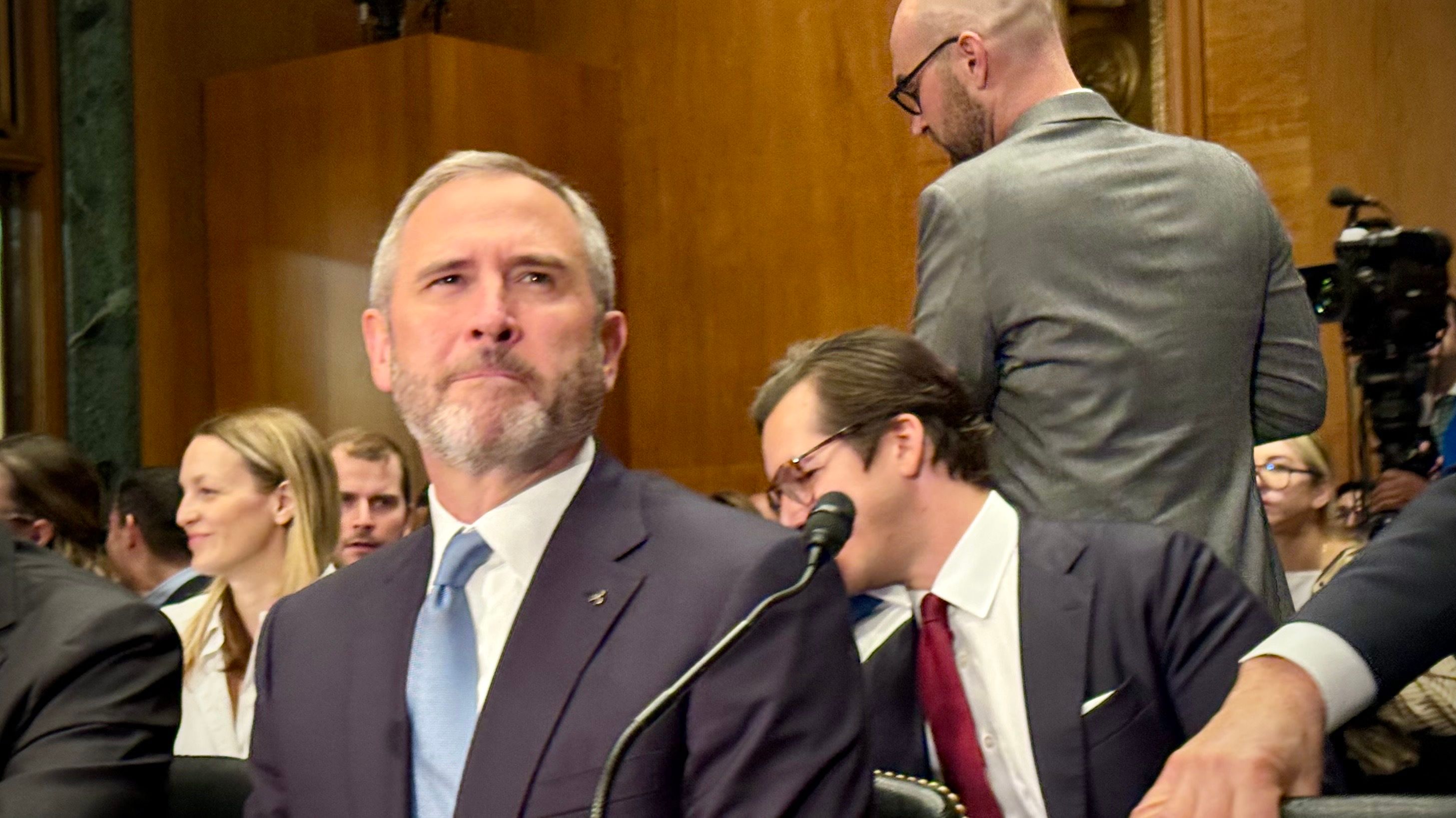
The lawsuit initiated by the U.S. Securities and Exchange Commission (SEC) against Ripple Labs in 2020 is concluded, as the involved parties have decided to voluntarily dismiss their respective appeals concerning a ruling made in 2023. Each party, according to the filing, will assume its own costs. This resolution terminates the legal contention that commenced back in 2020 after the SEC, led by former Chair Jay Clayton, claimed that Ripple violated securities laws with the sale of XRP, a token prominently linked to the company’s operations.
Ripple’s Legal Dispute with SEC Concludes
The U.S. Securities and Exchange Commission’s 2020 lawsuit against Ripple Labs is officially over, after the two parties informed the Second Circuit Court of Appeals that they were voluntarily dismissing their respective appeals of a 2023 ruling in the case.
The SEC and Ripple will each bear their own costs, the filing said on Thursday. The joint stipulation ends the legal battle between the SEC and Ripple which began in 2020 after the SEC sued Ripple in 2020 under former Chair Jay Clayton (who now runs the U.S. Attorney’s Office for the Southern District of New York) alleging it violated securities laws through the sale of XRP, the token closely associated with the company.
 Image
Image
The legal conflict escalated when the SEC appealed a district judge’s 2023 ruling permitting Ripple to make XRP accessible to retail investors on exchanges, while Ripple also sought to reinforce its stance during this litigation.
Following the decision to dismiss appeals, XRP recorded a 5% surge, hovering around $3.27 at press time.
Judge Analisa Torres earlier imposed penalties on Ripple, which included a total of $125 million in fines due to assertions of unlawful sales of XRP to institutional investors.
The parties had previously attempted to negotiate the penalties down, yet multiple requests faced rejection from the presiding judge due to procedural inconsistencies.
This case marks a significant chapter in the ongoing evolution of cryptocurrency regulations and the legal landscape surrounding them.


